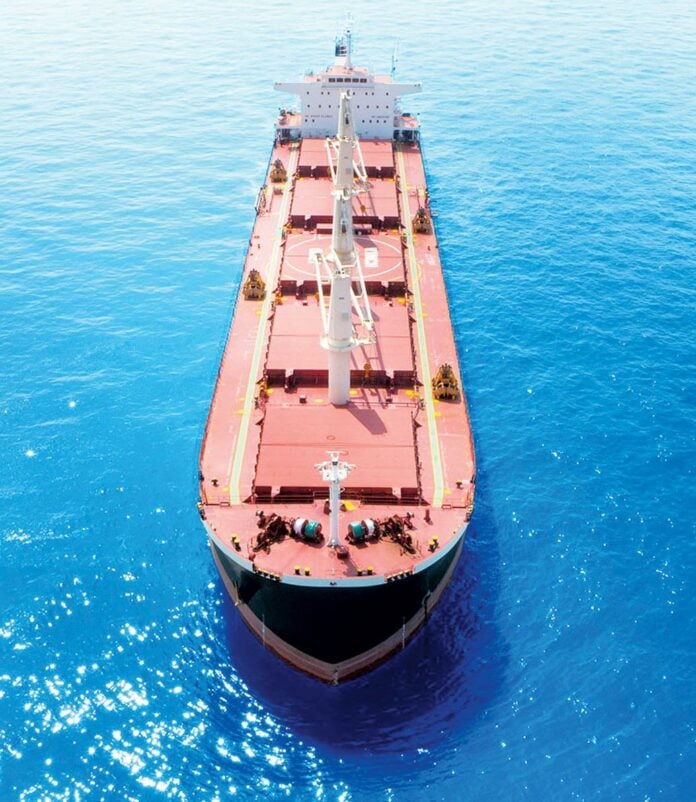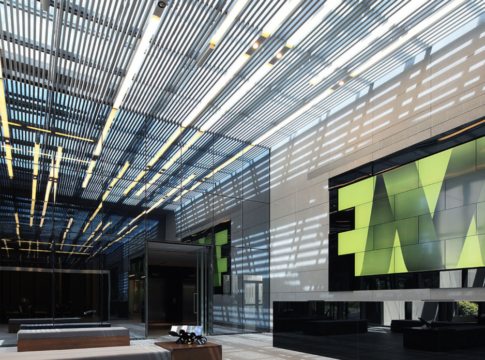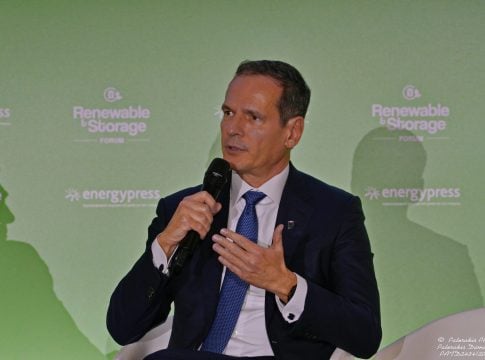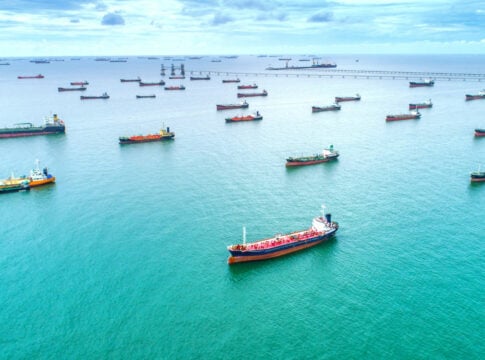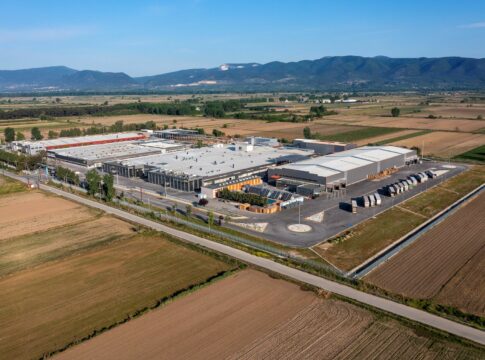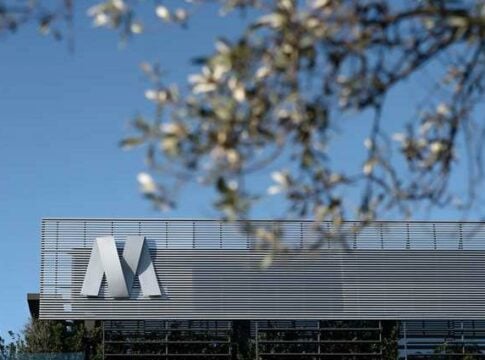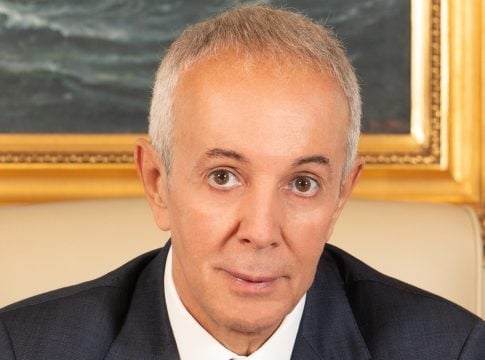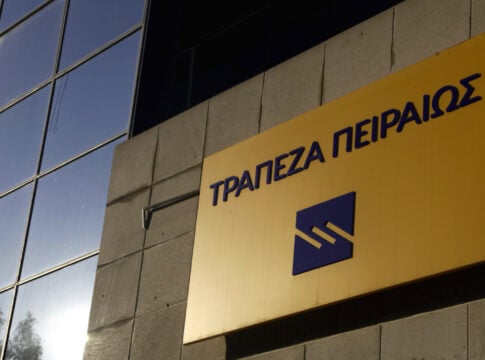Leading representatives of the shipping industry, including Minerva Dry, will proceed to the design of a kamsarmax type bulk carrier that will be able to use methanol and wind propulsion systems.
For the development of the ship’s design, which is another step towards zero gas emissions, Cargill, Minerva Dry, the British classifier Lloyd’s Register and the Chinese shipyard group Nantong Cosco KHI Ship Engineering (Nacks) cooperated.
The joint design followed the requirements of dry bulk carrier Cargill’s users, while there was the operational experience of shipowner Minerva Dry, alongside the design knowledge of Chinese shipyard NACKS.
LR acted as a consultant throughout the joint development project.
Nikos Kakalis, director of UK-based Lloyd’s Register’s global bulk carrier division, said the design includes an energy-efficient ship ready for future fuels.
“We are proud to have partnered on this alternative fuel program with Cargill, Minerva Dry and NACKS, bringing innovation to life,” he said.
Cargill Ocean Transportation, a global freighter that charters around 650 vessels annually, is now operating an 80,700-dwt Pyxis Ocean kamsarmax (built 2017) from Mitsubishi Corp, with fins developed by BAR Technologies.
Unlike this ship, the new design includes rotor sails.
Cargill has also chartered at least five newbuild methanol fuel vessels, two of which are owned by J Lauritzen and another two by Mitsui & Co.
“It was great to work closely with NACKS, Minerva Dry and LR on this project. All of them brought a wealth of knowledge and experience and were willing to challenge the status quo and consider new ideas and technologies. Instead of starting with a conventionally fueled design and adding some limited ‘readiness’, we actually designed a methanol fueled ship first. It is a design that is really ready and feasible for conversion,” said Chris Hughes, Decarbonization Specialist, Cargill International.
“The shipping industry is undergoing a process of transformation, driven primarily by rapid technological progress and the demands and targets set to decarbonize our industry. Minerva Dry is therefore committed to working with industry stakeholders and business partners to develop solutions that will enable shipping to decarbonize,” noted Kostas Papadodimas, Minerva Dry’s Technical Director.


